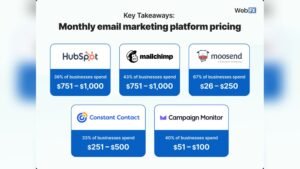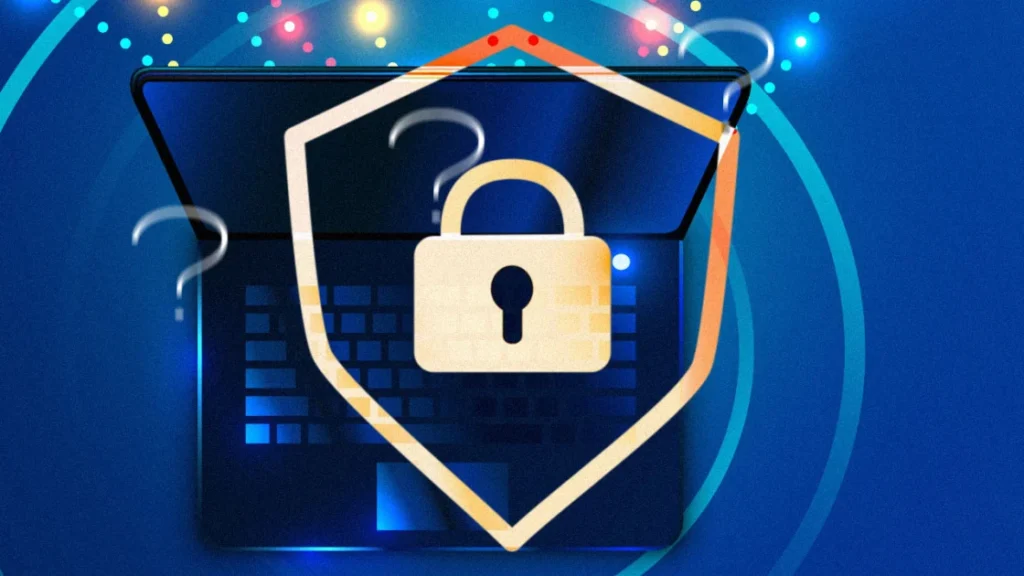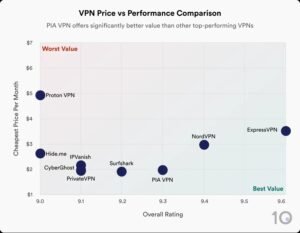Choosing the right VPN can feel overwhelming. With so many options promising speed, security, and privacy, how do you know which one truly fits your needs?
Whether you want to stream your favorite shows, protect your data on public Wi-Fi, or browse without limits, making the wrong choice could cost you time, money, and peace of mind. In this VPN Comparison 2025, you’ll discover clear answers that help you pick the perfect VPN for your lifestyle.
Keep reading to find the one that works best for you.
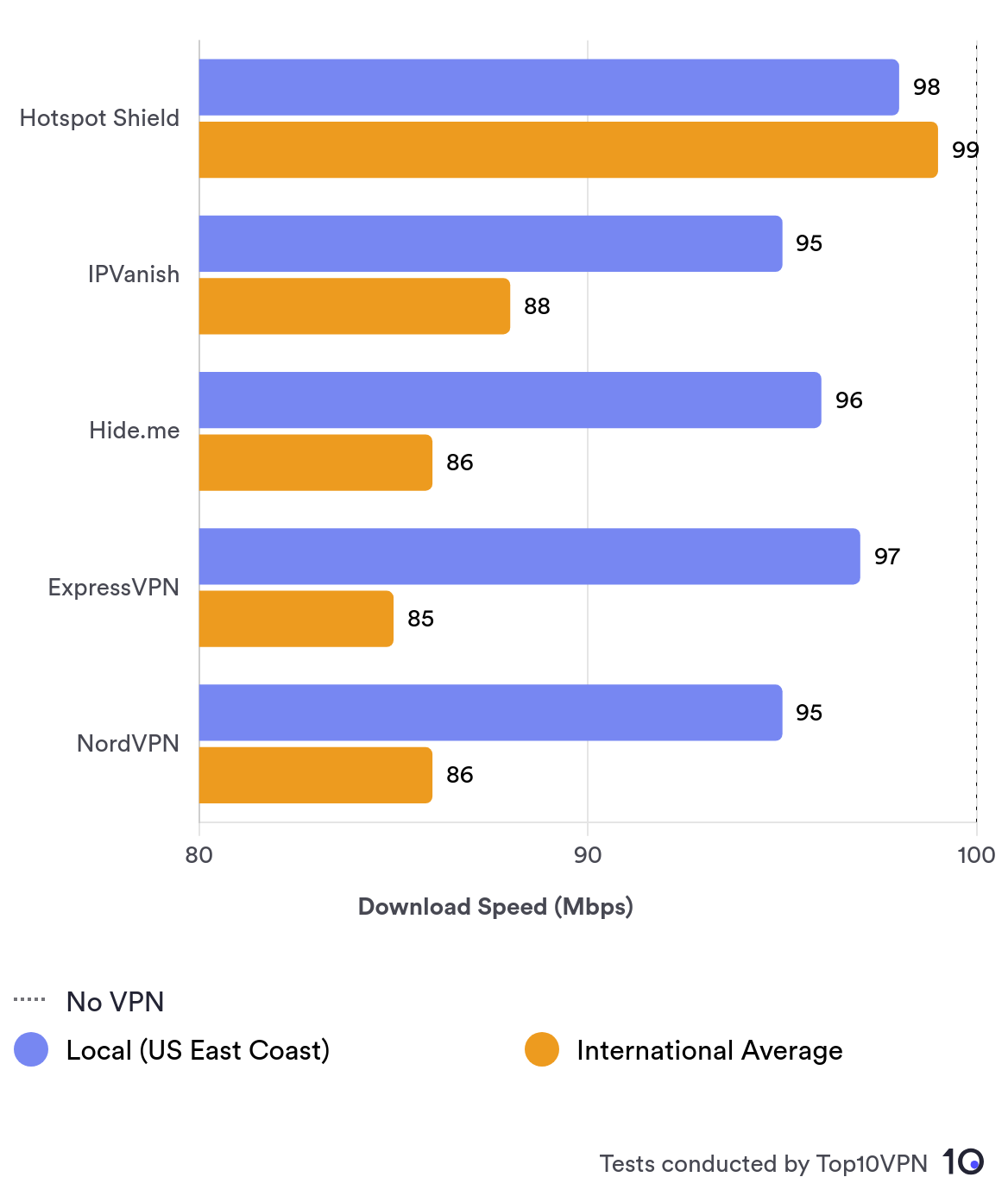
Credit: www.top10vpn.com
Top Vpns In 2025
Choosing the best VPN in 2025 can be tough. Many options exist, each with unique features. The right VPN protects your privacy and gives fast internet speed. This section highlights top VPNs you can trust this year. Find the one that fits your needs.
Leading Providers
Top VPN brands remain strong in 2025. They offer large server networks worldwide. These providers ensure reliable security and privacy tools. Expect features like no-logs policies and strong encryption. Their apps work on many devices easily. Customer support is usually quick and helpful. These VPNs suit users wanting proven performance and safety.
Emerging Services
New VPN services grow fast in 2025. They bring fresh ideas and technology to the market. Some focus on speed, while others improve user privacy. Many offer competitive prices and flexible plans. These emerging VPNs often attract users who want innovation. Trying them can reveal hidden gems for your internet use.
Speed And Performance
Speed and performance are key when choosing a VPN. A fast VPN helps you stream videos, download files, and browse without delays. Poor speed can ruin your online experience.
Connection Stability
A stable connection means fewer drops and interruptions. Frequent disconnections waste time and cause frustration. Good VPNs maintain steady links even on busy networks. This keeps your activities smooth and reliable.
Server Locations Impact
Where a VPN’s servers are matters for speed. Servers close to you usually offer faster connections. More server options mean less crowding and better performance. Choosing a VPN with many locations improves your chances for quick access.
Security Features
Security features are the heart of any VPN. They protect your data from hackers and spies. Strong security means safer browsing, streaming, and online shopping. Understanding these features helps you pick the right VPN for 2025.
Encryption Standards
Encryption hides your data from outsiders. The best VPNs use AES-256 encryption. This is very hard to break. It keeps your information safe on public Wi-Fi and home networks.
Look for VPNs with strong encryption protocols like OpenVPN or WireGuard. These protocols balance speed and security. They protect your data without slowing down your connection too much.
No-logs Policies
No-logs policy means the VPN does not keep records of your activities. This is important for privacy. Even if asked, the VPN cannot share your browsing history.
Choose VPNs that have been tested or verified by third parties. This proves they do not keep logs. A true no-logs VPN keeps your identity and data private at all times.
Kill Switch And Leak Protection
A kill switch blocks internet access if the VPN connection drops. This stops your real IP address from showing. It is a crucial safety net.
Leak protection stops your DNS or IP from leaking outside the VPN tunnel. This feature prevents your true location from being exposed. Always check if the VPN has these protections enabled.
Privacy And Anonymity
Privacy and anonymity are the heart of any VPN service. They protect your data from spies and hackers. VPNs create a safe path for your internet activity. This helps keep your identity hidden and your information secure. Understanding how VPNs handle your data and where they operate is key to choosing the right one.
Data Handling Practices
VPNs collect some user data. But the type and amount vary a lot. Some keep no logs at all. Others store connection times or bandwidth use. Look for VPNs with strict no-log policies. This means they do not track or save your browsing history. Encryption is also important. It scrambles your data so no one can read it. Strong encryption ensures your information stays private.
Jurisdiction Considerations
The country where a VPN is based matters. Laws on data privacy differ worldwide. Some countries require VPNs to share user data with authorities. This can reduce your anonymity. Choose VPNs located in privacy-friendly regions. These places have laws that protect user information. Avoid VPNs based in countries with strict surveillance rules. This helps keep your online activity safe from government watch.
Ease Of Use
Ease of use plays a big role in choosing a VPN. A VPN that is simple to use saves time and frustration. It helps users stay protected without extra effort. Clear design and broad device support make a VPN more user-friendly.
User Interface Design
A clean, simple interface helps users navigate easily. Big buttons and clear labels reduce confusion. Some VPNs offer one-click connect features. This lets users start the VPN quickly. Options should not be hidden deep in menus. Good design balances features with simplicity.
Device Compatibility
A VPN should work on many devices. Phones, tablets, and computers all need protection. Some VPNs support smart TVs and routers too. Easy installation on each device matters. Apps must run smoothly without slowing devices down. Cross-platform support makes a VPN flexible and useful.

Credit: www.gpmloginapp.com
Streaming And Torrenting Support
Streaming and torrenting are popular online activities that many people enjoy daily. Choosing a VPN that supports these activities well can improve your experience. Not all VPNs work the same for streaming shows or downloading files. It is important to find one that meets your needs for speed, privacy, and access.
Bypassing Geo-restrictions
Many streaming services limit content by location. A good VPN helps you watch shows from other countries. It changes your IP address to appear in a different place. This lets you access more movies and series. Fast servers reduce buffering and improve video quality. Some VPNs work better with popular platforms like Netflix and Hulu. Check if the VPN updates its servers often for best results.
P2p-friendly Vpns
Torrenting needs special support from a VPN. Some VPNs allow peer-to-peer (P2P) file sharing on all their servers. Others limit it to certain servers or block it entirely. A P2P-friendly VPN keeps your activity private and secure. It prevents your data from being tracked or logged. Look for VPNs with strong encryption and no data limits. This ensures safe and smooth downloading.
Pricing And Plans
Choosing the right VPN depends a lot on pricing and plans. Each VPN provider offers different options. Some plans suit casual users, while others work better for heavy users. Understanding these options helps you pick the best fit for your needs and budget.
Subscription Options
VPNs usually offer monthly, yearly, or multi-year plans. Monthly plans give flexibility but cost more per month. Yearly plans lower the monthly cost and save money. Multi-year plans offer the best price but require a bigger upfront payment. Some services allow you to pay with credit cards, PayPal, or even cryptocurrencies.
Most VPNs let you connect several devices at once. Plans often differ by the number of allowed devices. Check if the service supports all your devices before buying. Some providers also offer family or group plans for shared use.
Free Vs Paid Services
Free VPNs attract users with no cost. But they often have limits on speed, data, or servers. Free versions may show ads or collect data for profit. This can affect your privacy and browsing experience.
Paid VPNs provide faster speeds and more server options. They usually offer stronger security and no ads. Paid plans come with customer support and regular updates. They protect your data better and work for streaming or torrenting.
Choosing between free and paid depends on your needs. For basic browsing, free might be enough. For security, privacy, or heavy use, paid plans are better.
Customer Support
Customer support plays a key role in choosing a VPN. It helps solve problems fast. Good support means less wait and clear answers. This section looks at how VPNs handle support in 2025. Two main points matter: availability and responsiveness, plus the quality of help resources.
Availability And Responsiveness
VPNs with 24/7 support offer help anytime. Quick replies reduce frustration. Live chat is often the fastest way to get answers. Some VPNs also provide phone support for direct contact. Email support can take longer but works for less urgent issues. Fast, friendly service keeps users happy and confident.
Help Resources
Good VPNs offer many help resources. FAQs cover common questions. Step-by-step guides make setup easy. Video tutorials show how to use features. Forums allow users to share tips. Updated and clear resources help users solve problems alone. This lowers the need to contact support often.
Choosing The Right Vpn
Choosing the right VPN is important for your online safety and freedom. Not all VPNs fit every user’s needs. Some offer strong security but cost more. Others are cheap but lack features. The key is to find a balance that suits your habits and budget.
Assessing Your Needs
Start by thinking about what you want from a VPN. Do you need it to watch videos from other countries? Or to keep your internet activity private? Are you using public Wi-Fi often? Each need points to different VPN features. For example, streaming requires fast and reliable servers. Privacy needs call for strong encryption and no-logs policies. Knowing your main use will help narrow the choices.
Balancing Features And Cost
VPNs come with many features like kill switches, multiple device support, and wide server networks. More features often mean higher prices. Pick features that match your needs without overspending. Free VPNs may seem cheap but often have limits and risks. Paid VPNs usually offer better security and speed. Choose a plan that fits your budget and gives good value for the price.
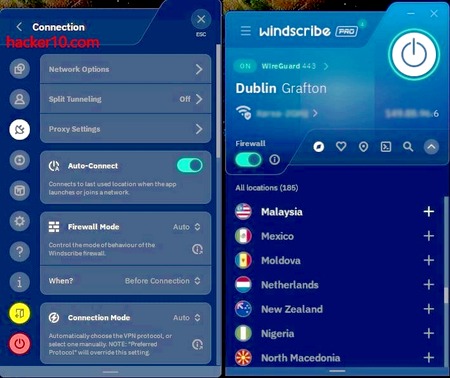
Credit: hacker10.com
Frequently Asked Questions
What Factors Should I Consider When Choosing A Vpn In 2025?
Consider speed, security, server locations, privacy policies, and device compatibility. Also, check for streaming and torrenting support to suit your needs.
How Does Vpn Improve Online Privacy And Security?
A VPN encrypts your internet traffic, hiding your IP address. This protects data from hackers, trackers, and surveillance, enhancing your privacy and security online.
Which Vpns Offer The Best Speed In 2025?
Top VPNs like ExpressVPN, NordVPN, and CyberGhost provide fast, reliable connections. They use optimized servers and protocols to minimize speed loss.
Can Vpns Unblock Geo-restricted Content Effectively?
Yes, many VPNs bypass geo-blocks by masking your location. This allows access to streaming services like Netflix, Hulu, and BBC iPlayer worldwide.
Conclusion
Choosing the right VPN depends on your needs and budget. Speed, security, and ease of use matter most. Some VPNs work better for streaming, others for privacy. Think about how many devices you want to protect. Free trials can help you test services first.
Stay safe online with a VPN that fits you well. Take your time, compare features, and pick wisely. Your online safety is worth the effort.




